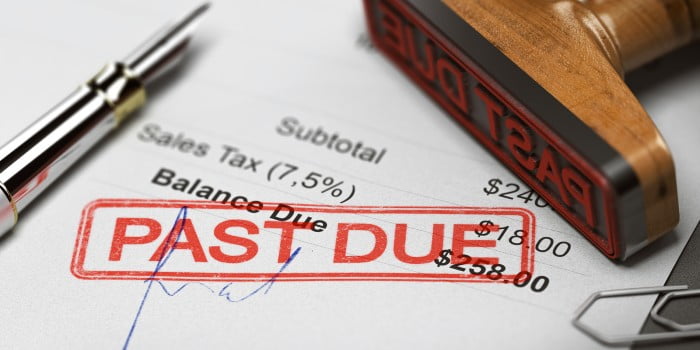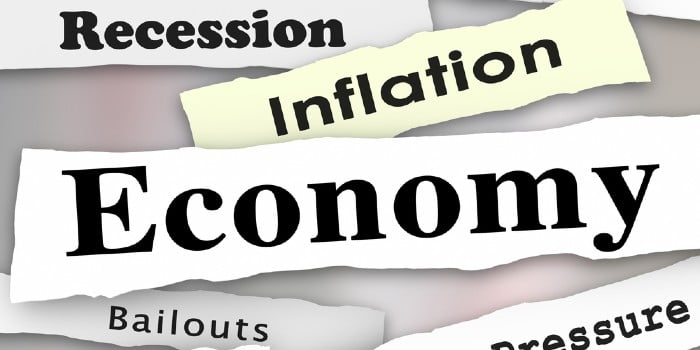6 December 2022 – A new review into payment practices and effectiveness of current measures has been launched by the Government to help protect small businesses, who are currently owed over £23bn in unpaid invoices, from late payments by big firms.
The Business Secretary Grant Shapps has launched a comprehensive review to tackle late payments for small businesses, which impacts heavily on their cash flow.
The Payment and Cash Flow review, which was launched on 3 December, the 10th anniversary of Small Business Saturday, aims at preventing small businesses being “ripped off” by larger firms.
With costs of running a business currently sky-high, chasing overdue unpaid invoices puts a further strain on already struggling small businesses. This long-standing issue needs to be sorted if small businesses are to survive the tough months ahead.
What The Review Will Look At
The in-depth review will look closely at current payment practices and measures already in place with the aim to make sure that small businesses don’t get “ripped off” by bigger companies.
The Business Secretary said he recognises that small businesses have to spend a lot of time and resources on chasing unpaid invoices, which is not acceptable. This doesn’t just cause issues for small businesses in terms of cashflow, but it also prevents them from growing.
That many small firms are routinely paid late is intolerable and presents a real barrier to productivity, the creation of high-skilled jobs and ultimately economic growth.
Grant Shapps, Business Secretary
And in the current situation, where energy bills and other cots are soaring, the additional burden of outstanding invoices could cause a grave risk to the survival of many small businesses.
The review will also look at the progress that has been made following the introduction of the Prompt Payment Code, as well as examining current payment reporting regulations.
The Prompt Payment Code, which was updated last year, encourages larger companies to commit to pay 95% of their smaller suppliers within 30 days. Before the update, the commitment was set at 60 days.
But because this code is only a recommendation and voluntary, to date only 4,000 firms have signed up to it. That means that millions of small businesses are still struggling with long payment terms and late payments.
The Government will also review the role of the Small Business Commissioner, which was set up to resolve the problem of late payments in the private sector, to ensure that small UK businesses are supported in the best way possible.
Another area that the review will include is the role of technology-enabled accountancy platforms in solving the issue of late payments.
Government Puts Itself On Side Of Small Businesses
The message the Business Secretary wants to send is clear. That this Government is on the side of the small UK businesses.
The date of the launch of this review is no coincidence, falling on the 10th anniversary of Small Business Saturday.
A campaign that encourages people to shop with small local businesses, which the Government is supporting. The Business Secretary highlighted this support by a visit to his local high street in his constituency Welwyn Hatfield.
The UK’s 5.5 million small businesses are an integral part not just of our economy, but of our communities too, and this government is firmly on their side.
Grant Shapps, Business Secretary
While the Federation of Small Businesses (FSB) is happy to hear the Government is on the side of small businesses, the body calls for it to prove its commitment by making larger companies responsible to report on their payment practices.
Tina McKenzie, Policy Chair at the FSB, points out that overdue or unpaid invoices are responsible for 50,000 small businesses in the UK having to close every year.
She also warns that in the UK it seems acceptable for larger companies to pay small suppliers late, given that there are no measures in place to prevent this.
As this review has been announced, a piece of legislation, the Procurement Bill, is currently being debated in Parliament. The bill requires public sector organisations to apply 30-day payment terms in supply chains.
According to the Government, this will encourage smaller businesses with smaller budgets to bid for public sector contracts.
Business Confidence Continues To Fall
The launch of this review comes at a time when business confidence is at a weak point. According to Lloyds Bank’s latest Business Barometer, business confidence fell by 5 points to 10% in November.
It’s the sixth month in a row that optimism in the UK economy fell. Only 37% of businesses surveyed by the bank said they felt optimistic about the economy. 40% had a more pessimistic view, which means the net balance is at -3% in November.
It should be said that the survey was conducted before the autumn statement on 17 November, so the measures announced there were not taken into account, but it will be interesting to see what impact they will have, when the Lloyds Business Barometer will be released next.
So with overall business confidence at a low point, and soaring costs leading many businesses to temporarily or permanently close, especially when the Energy Bill Relief Scheme ends in March 2023, small businesses will be thankful if the Government could solve the issue of late payments as soon as possible.






